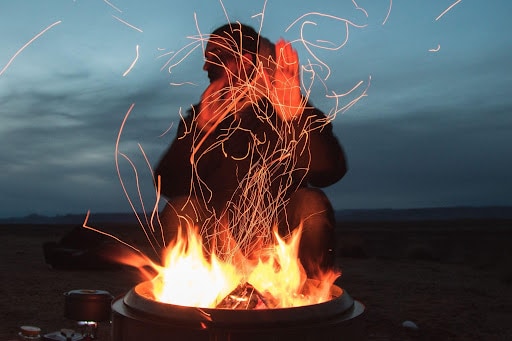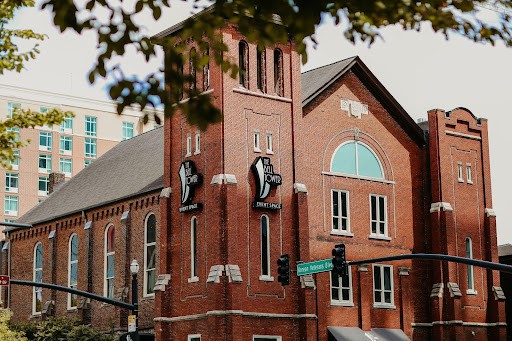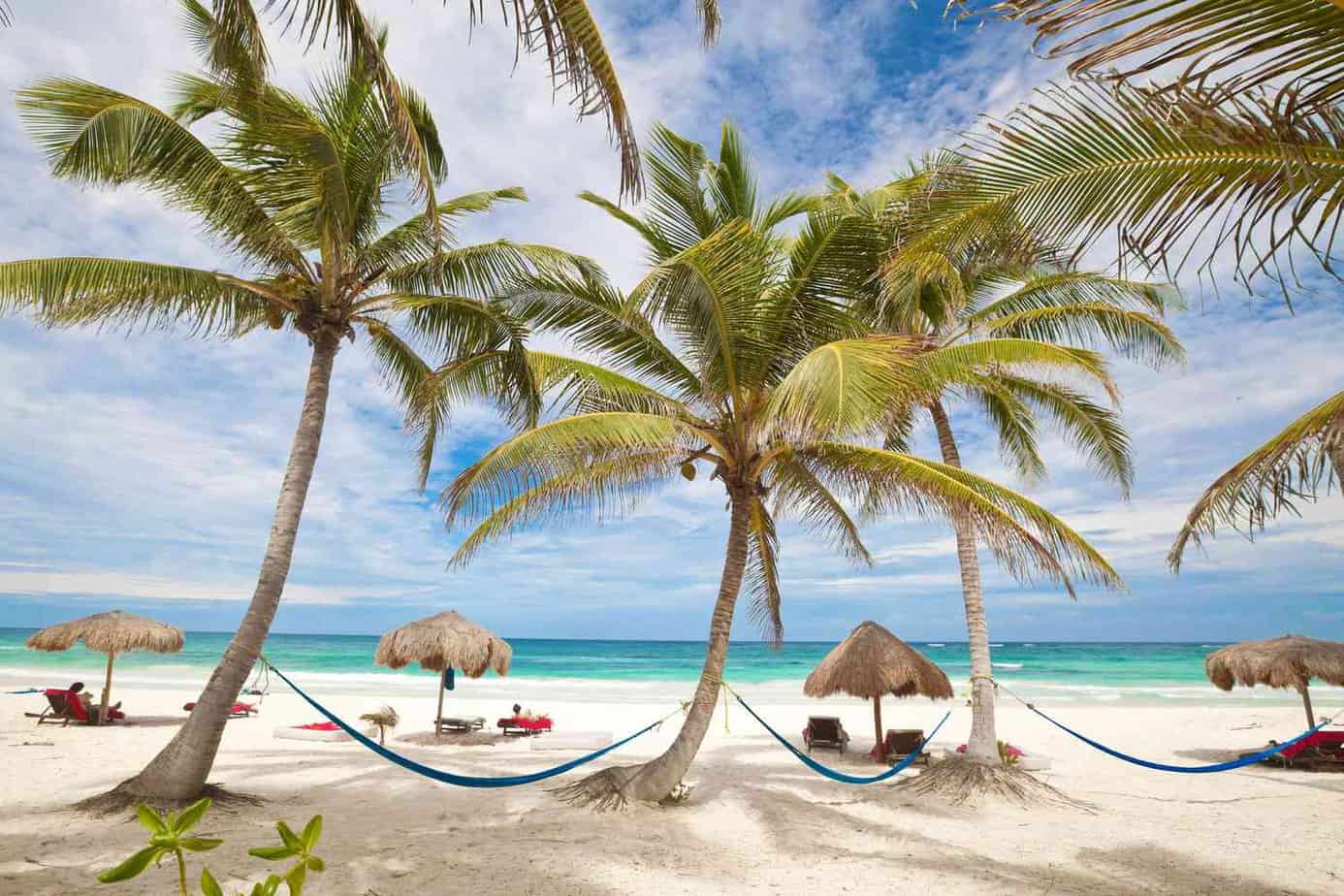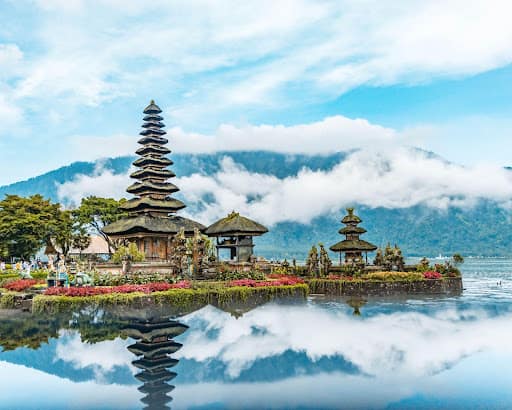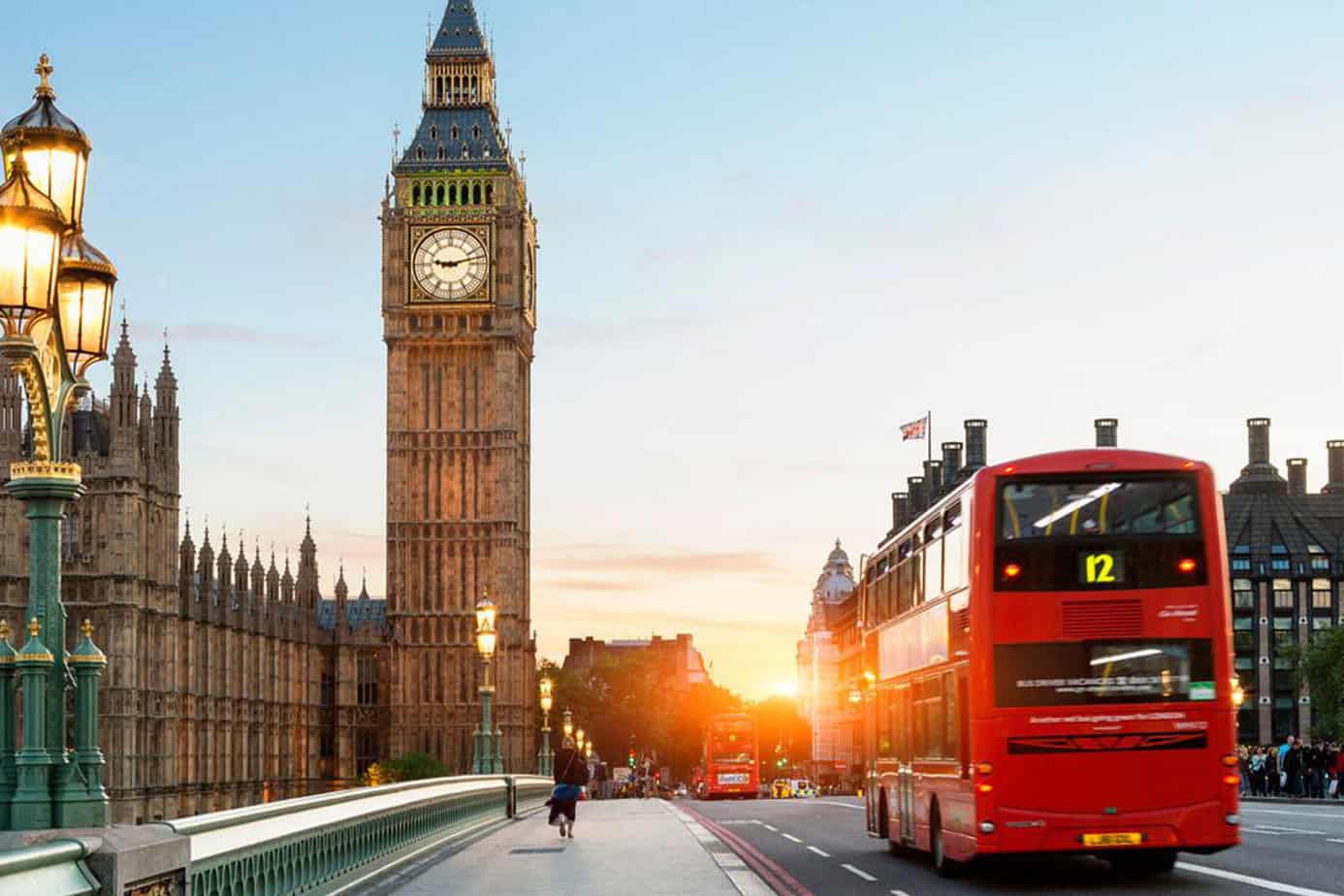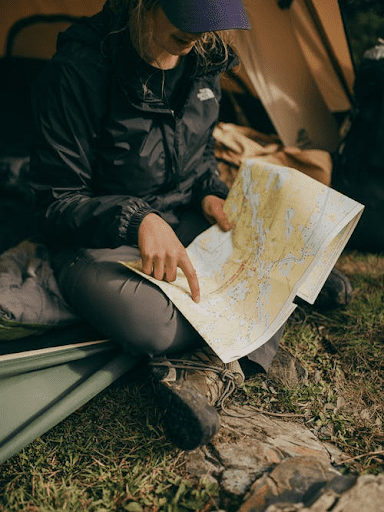
Have you ever thought of just escaping it all? To toss all work-related matters, deadlines, and expectations aside for just a night out of relaxation… it sounds like a dream come true, right? With camping, your desire for wanderlust can finally be fulfilled — and it’s way cheaper than you think! Before you get too excited, it’s important to be fully prepared before embarking on your first camping trip. Not to fret, we’re here to guide you! Read on more to find camping essential tips for a beginner’s first trip out in the wild.
Where’s A Good Campsite?
First things first, always make your campground reservations well in advance — you’ll be surprised at how enthusiastic some people can be! From mountains to national parks, and along the beach, there are a ton of endless possibilities and areas for you to camp at. These places fill up very quickly, so save on the waiting time and plan your trips way in advance.
If you don’t want to join in the hassle, there are campgrounds that provide a first-come-first-serve camping option. Bookings aren’t required for this one, but you’ll need to arrive early to reserve a good spot. We recommend contacting the campground management to get tips on when is the best time to show up in order to snag a site.
We also recommend avoiding dispersed camping sites that have minimal facilities and less-than-ideal hygiene standards. To avoid any potential health problems, first-time campers are recommended to start out in a developed campground that has flushable toilets and running water. Also, don’t forget to double-check if you’re bringing along treated water with a spigot –– you won’t want any potential health risks coming your way!
What Should I Wear?
Don’t be afraid of getting dirty; it’s all part of harmless camping fun! We encourage only bringing things that’ll look good being grimy or dirty, so no, you shouldn’t be packing crop tops or your latest kicks. Stay away from articles of clothing made from cotton or silk because it isn’t waterproof nor durable –– no one wants to camp in a damp, thin shirt! Remember to bring a warm coat, long underwear, gloves, a beanie, and warm socks for the cold, long nights. Plus, there are added points if you bring a rain jacket along!
Footwear is also another very important aspect to pay attention to. Ensure that your shoes are sturdy, durable, and have anti-slip properties — you don’t want to be sent tumbling down a hill! While you’re at it, pop in a pair of slippers for comfortability’s sake and those late-night bathroom trips.
Essential Camping Gear
Before you begin packing, remember that most typical campsites don’t have furniture, electricity, cooking appliances, nor an extensive existing food supply. Only in developed campgrounds would you find running water and a working bathroom. Regardless, it’s good practice to prepare yourself for dealing with primitive living conditions!
Camping gear can be on the pricier side, so borrowing or renting pricey items (such as the tent and sleeping bags) are good ways to keep your initial investments low –– especially since some of these items may not even last for a single camping trip. That being said, if you’re an avid camper or keen on purchasing your own camping gear, here are some pointers to take note of.
Tent
If you’re planning to go camping with friends, we recommend purchasing a three-person tent for two, or a six-person tent for a family of four, if your budget allows for it. This will help give you and your tentmates ample space to move about and sleep in. Do take note of the tent’s peak height, especially if you want a little more space to stand up and walk around. Some other handy accessories include installing vestibules outside the tents to stow muddy shoes, or purchasing tents with two doors so that you can avoid climbing over tentmates for bathroom breaks.
Here’s a pro tip: To avoid a last-minute crisis, practice setting up your tent at home and bring ground sheets that fit your tent floor properly –– big enough to cover all the nooks and crannies, but small enough so that it won’t catch rainwater and drip everywhere.
Sleeping Bag
The first step to picking a suitable sleeping bag is to start with the temperature rating. Whilst a summer bag is all you’ll need if you are going for a fair-weather camping trip, a three-season bag would be far more suitable especially if you’re expecting harsh or unpredictable weather conditions. Plus, if you’re camping with friends that get easily cold or hot often, you might want to purchase the appropriate sleeping bag for them. Lastly, if you’re not planning on camping in extremely cold or rainy climates, opt for a rectangular-sized sleeping bag instead of a mummy-shaped one –– you’ll thank me later!
Lighting
Campgrounds don’t have natural light, so you’ll need to bring your own lighting appliances. Whilst flashlights are common, we suggest bringing headlamps to free up your hands to do other things at once. You can also get a lantern if you’re looking to ramp up the ambiance.
Stove
You don’t need to go fancy with this one; a simple two-burner propane camp stove is all you need. You won’t need to empty your pockets, but you’re still able to whip up a delicious spread of breakfast and a cup of coffee at the same time. We recommend testing the stove out at home with fuel canisters and a lighter, so you’re sure that it works.
Kitchen Appliances
Bring whatever you need for basic food preparation and consumption, but leave anything extra behind. For example, if you’re planning to do food preparation at camp, here are some camping knives to consider. If you’re planning on washing the dishes at the campsite, remember to bring biodegradable soap, a towel, a scrubber, and a small washtub for your dirty and clean dishes.
Camping Toiletries
If there’s something you need to pay extra attention to, it’s hygiene. Pack your prescription medications and hygiene items –– such as sanitary pads, wet wipes, inhalers –– in a separate pouch, and bring them with you at all times. Prepare an emergency first-aid kit with bandages, alcohol, and whatever else you may need. Also, don’t forget to bring your sunscreen and mosquito repellent along! Make sure to take along the hand sanitizers, antibacterial towels and more to keep you safe from any kind of bacteria. Make sure to wash your hands more frequently and dry them off with an antibacterial towel. An antibacterial towel like Mizu towel is great when it comes to keep you safe as it comes with self cleaning silver fiber and eliminates 99.9% of bacteria, keeping you safe no matter where you are.
Meal Planning
Leave all your Gordon Ramsey shenanigans at home -– it’s best to go simple and basic whilst camping. It shouldn’t take you too long to prepare, especially if you’re traveling from place to place. We recommend preparing boxed or canned entrees, side dishes, or fresh food enough to sustain you for a day, in case something goes wrong. Remember to bring along plenty of snacks, such as energy bars, nuts, and dried jerky, and include coffee or tea fixes if needed. Do not forget to seal all your food because you surely do not want critters to raid your campsite!
Conclusion
Preparing for camping might seem like a hassle, but we promise that everything’s going to be worth it in the end. Each camping experience is unique, so treasure these memories and learn from your mistakes. Stay safe, and happy camping!

